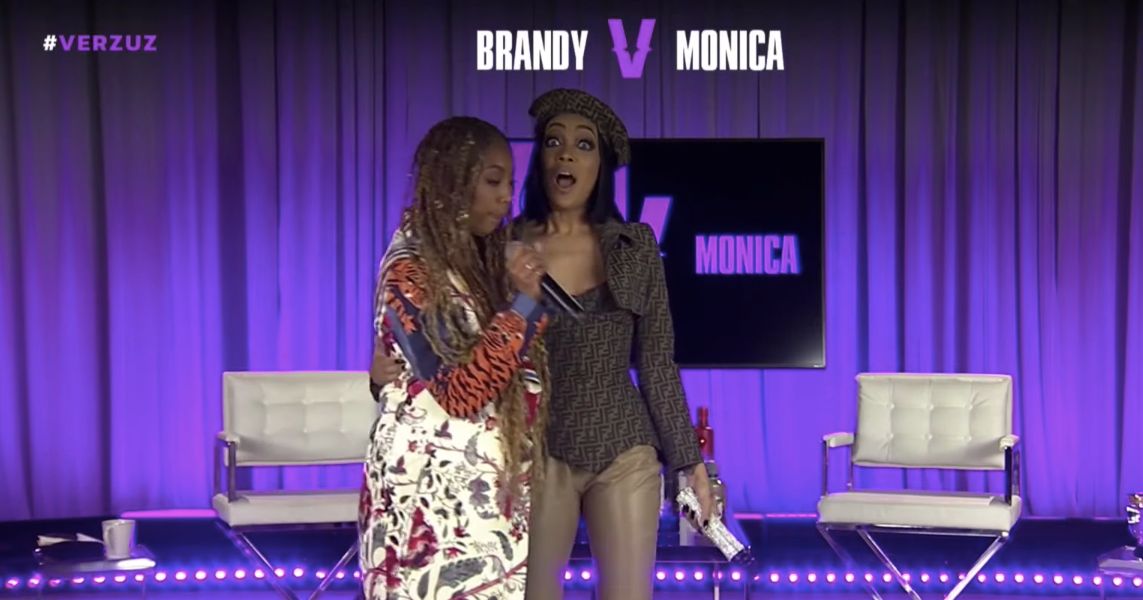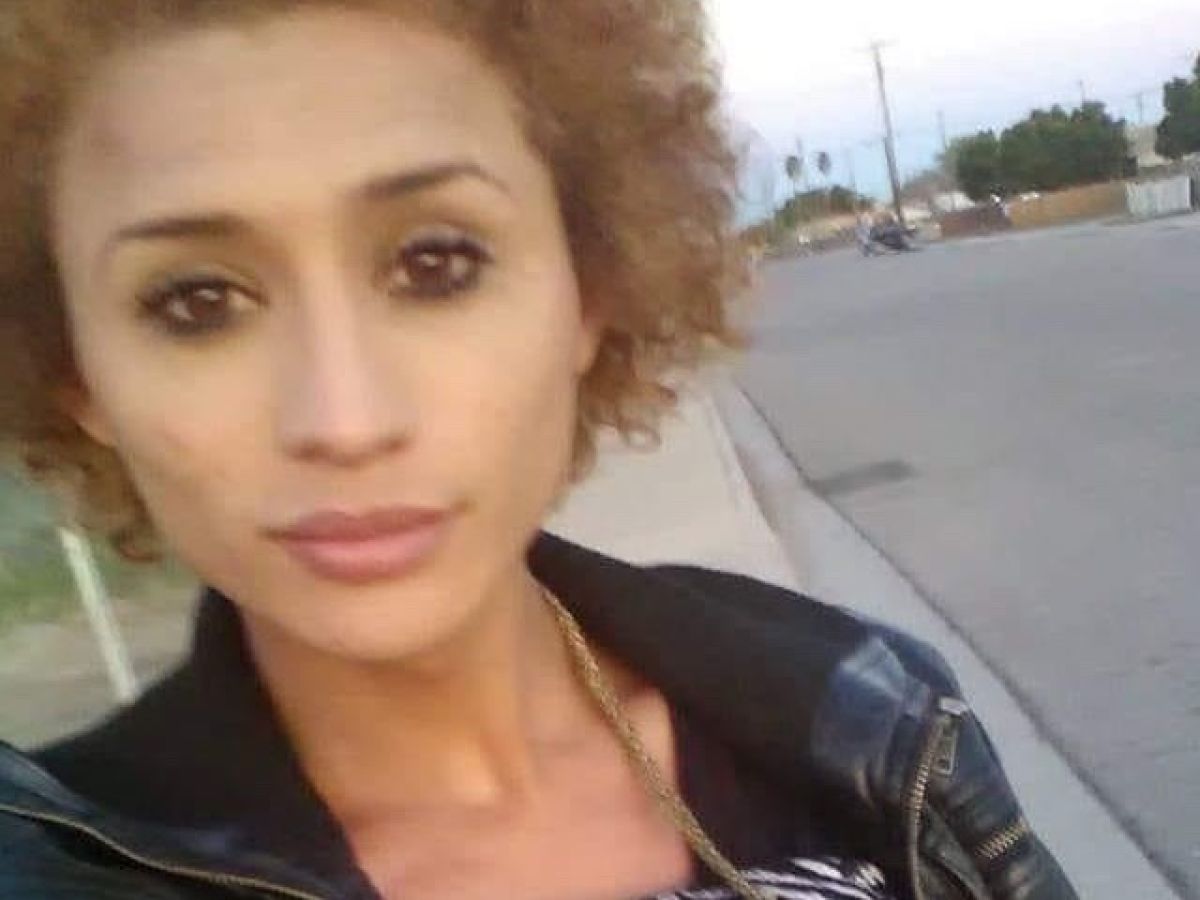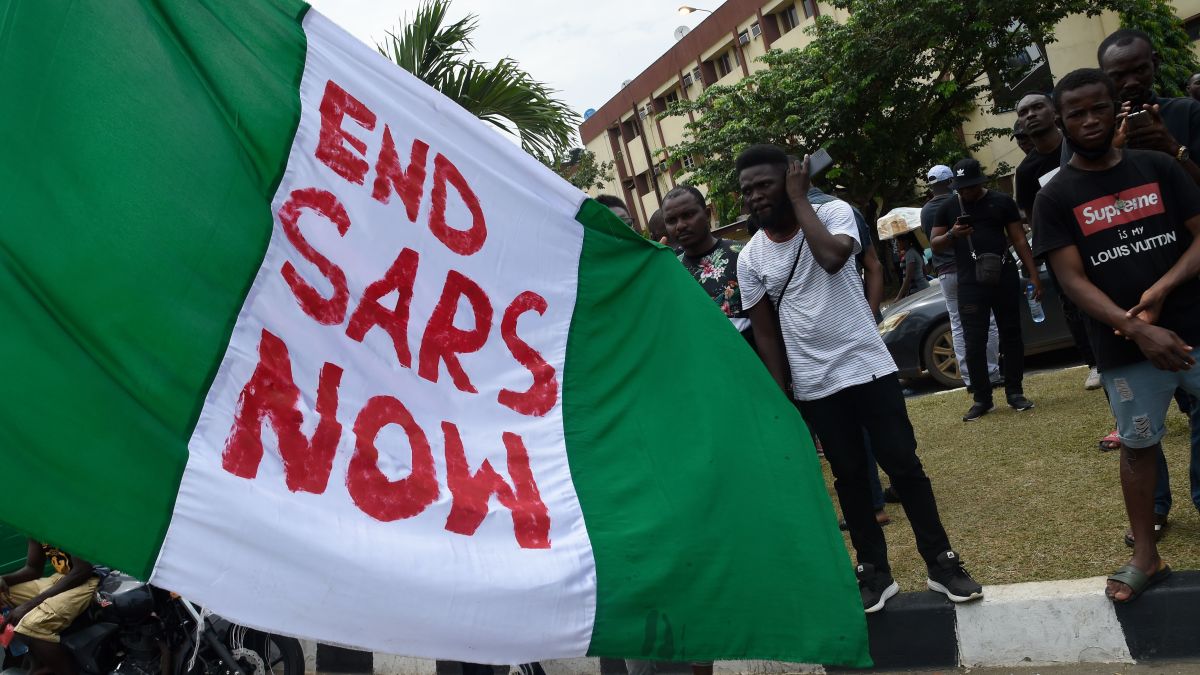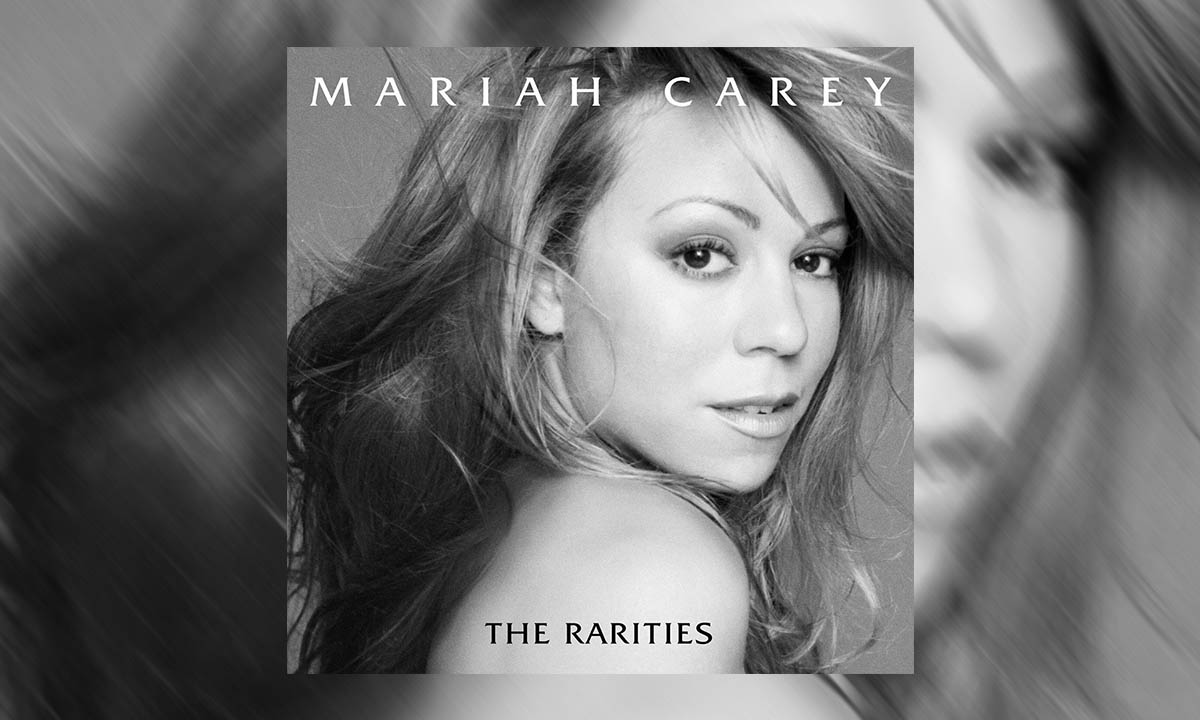Indigenous Peoples Day is a celebration of the contributions of Native American people, an acknowledgment of cultural erasure initiated by white European settlers and the rejection of a rewritten history that excluded the visibility of Indigenous people. This day is recognized on the second Monday in October.
An alternative version recognizes the settler, Christopher Columbus, who was credited with “discovering” the Americas while sanitizing the violence he subjected the native people to. For decades, this day was known as Columbus Day. Since 1934, Columbus Day has been celebrated as an American National holiday and was often challenged by Native American people who have advocated for the visibility of their own culture and history.
In 1977, at the International Conference on Discrimination Against Indigenous Populations in the Americas, which was sponsored by the United Nations, a delegation of Indigenous people sought to establish October 12th as “Indigenous Peoples Day.” Since then the day has become more widely adopted amongst states choosing to recognize this day in place of Columbus Day.
Currently, fifteen states – Alabama, Alaska, Hawaii, Idaho, Maine, Michigan, Minnesota, New Mexico, North Carolina, Oklahoma, Oregon, South Dakota, Vermont, Virginia, and Wisconsin – observe Indigenous Peoples Day, in addition to over 130 other cities, including Washington D.C.
President Donald Trump has publicly condemned the so-called erasure of Christopher Columbus. In an Independence Day speech delivered by President Trump in July, he remarked that he “we will defend, protect and preserve American way of life, which began in 1492 when Columbus discovered America.”
Vice President Pence clarified his own stance when he condemned the Mayor of Columbus, Ohio for removing a Christopher Columbus statue. Ironically, he said that the American people wouldn’t allow the country’s history and culture to be taken away.
These sentiments reinforce the historic erasure of Indigenous people and continue the narrative of history being taught throughout education systems in America that uplift the ideology behind white supremacy.
One simply cannot discover a place that had already been inhabited by others. Indigenous People’s Day is the correction many of us needed to be aware of. Instead of celebrating a settler who eradicated Native American people, we choose to recognize the resilience of a culture that was silenced and whose humanity was denied until now.






